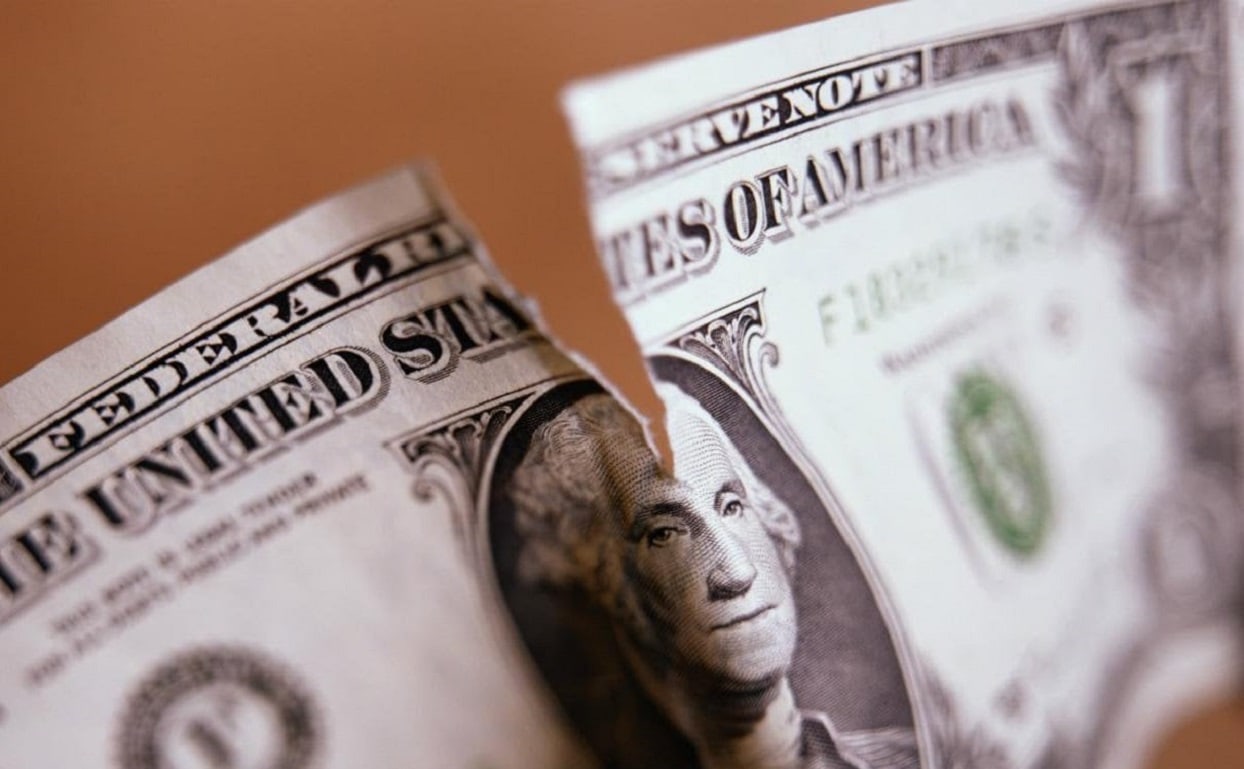Inflation Becomes Key Issue for U.S. Voters In March – Gallup released new data this week that shows how U.S. adults are increasingly concerned about the cost of living, with almost double the percentage of Americans believing that inflation is the biggest problem facing the United States in March than in January.
17% of respondents told Gallup that the high cost of living is the biggest economic problem facing the country, compared to 10% in February and 8% in January. The “Economy in general” came second, with 11%, and the cost of fuel and oil came third with 4%.
The federal budget, deficit, and unemployment all received just 1% of respondents’ votes as the most pressing issue, revealing precisely the kind of campaign issues that Democrats and Republicans will be fighting over in the run-up to the November midterm elections.
Inflation Means Households Will Spend an Additional $5,200 This Year
Estimates from Bloomberg Economics suggest that the average American household will spend an additional $5,200 this year – $433 per month – thanks to inflation. According to analysts, savings built up over the pandemic an increase in wages will help make the increased costs more manageable for Americans, but a sudden return to the workplace by those still holding off from going back to work could also push prices down.
A leaked email from an executive at Applebee’s – the popular chain restaurant – revealed last week how American businesses are acutely aware that more people returning to work means that wages will start to go down again.
Wayne Pankratz said in the email, which was shared on social media site Reddit, that most Applebee’s employees “live paycheck to paycheck” and that the ending of stimulus payments and pandemic unemployment benefits “benefits” the company.
“We all competed to hire out of the limited applicant pool and there was a wage war,” Pankratz said. “We all saw businesses hiring team members at $18-$20 an hour. They will no longer be able to afford to do this. Trucking is the backbone of America and as fuel costs rise, so will the charges for shipping. If these costs cannot be passed on to the customer in terms of menu price, the only area they can cut sizable costs will be in labor.”
“The labor market is about to turn in our favor,” he added.
Voters More Concerned About Biden’s Leadership
More Americans told Gallup that President Joe Biden’s “poor leadership” was of even greater concern than inflation, with 22% choosing “The government/Poor leadership” as the biggest overall issue facing the country, with the situation in Ukraine receiving 9% of respondents’ votes.
Race relations and racism received 5%, more than the COVID-19 pandemic’s 3%.
20% of respondents said that the COVID-19 pandemic was the biggest issue facing the country in January, which dropped to 13% in February. Save a potential new wave of COVID-19 cases – which appears unlikely at this stage, unless a new variant appears – the Gallup data appears to show American politics returning to more normal campaign issues as we approach the midterms.
Jack Buckby is a British author, counter-extremism researcher, and journalist based in New York. Reporting on the U.K., Europe, and the U.S., he works to analyze and understand left-wing and right-wing radicalization, and reports on Western governments’ approaches to the pressing issues of today. His books and research papers explore these themes and propose pragmatic solutions to our increasingly polarized society.

